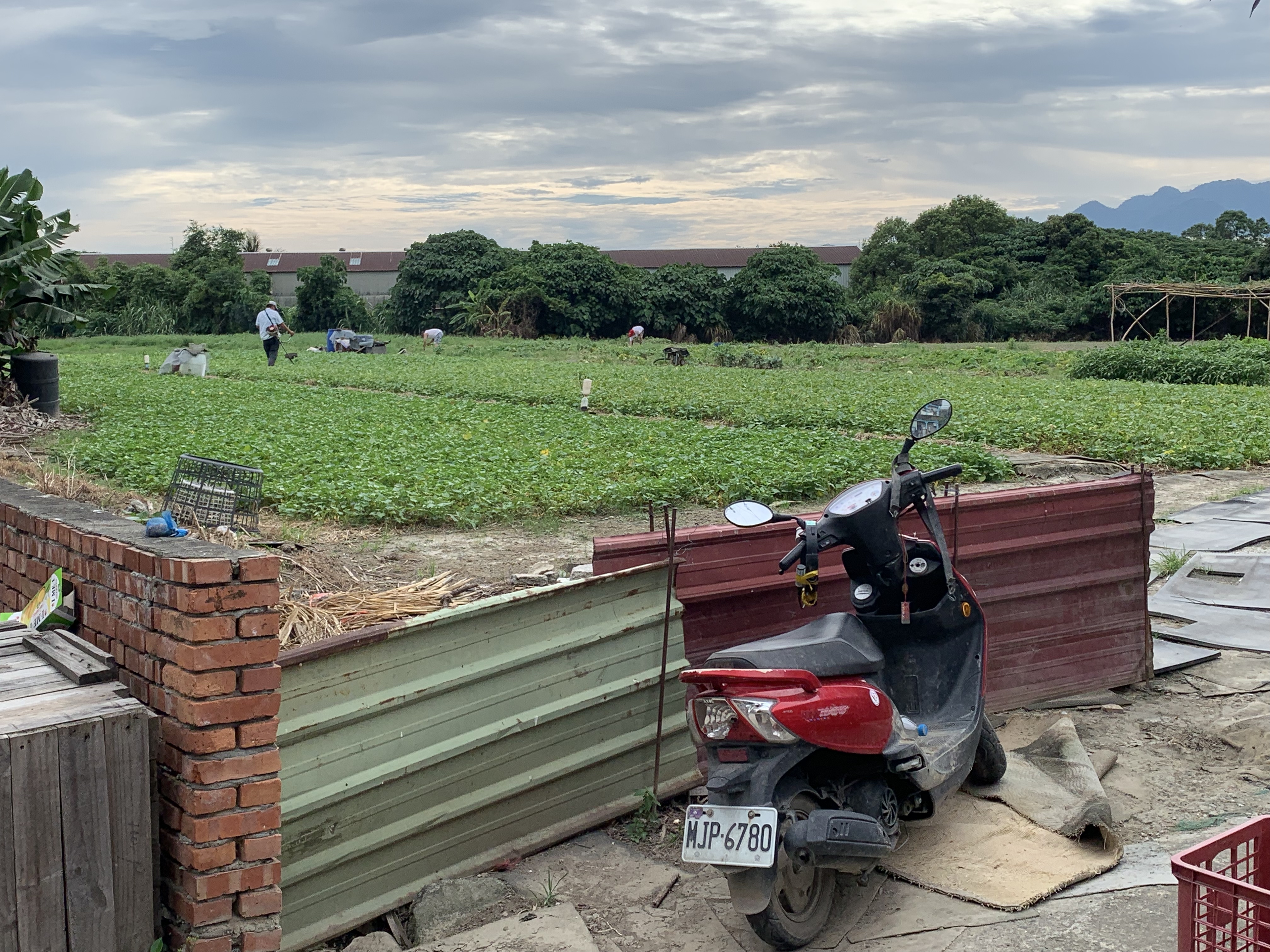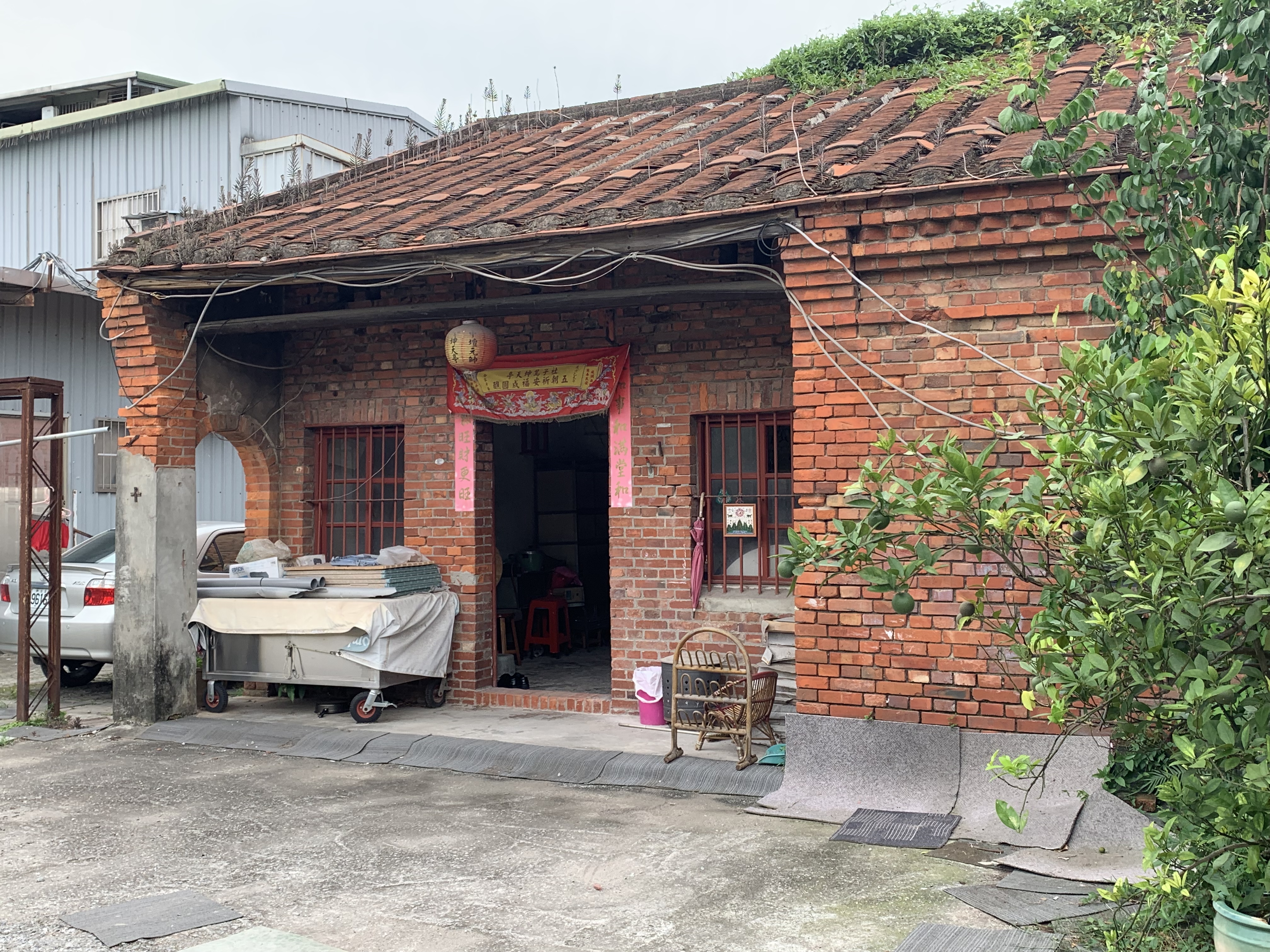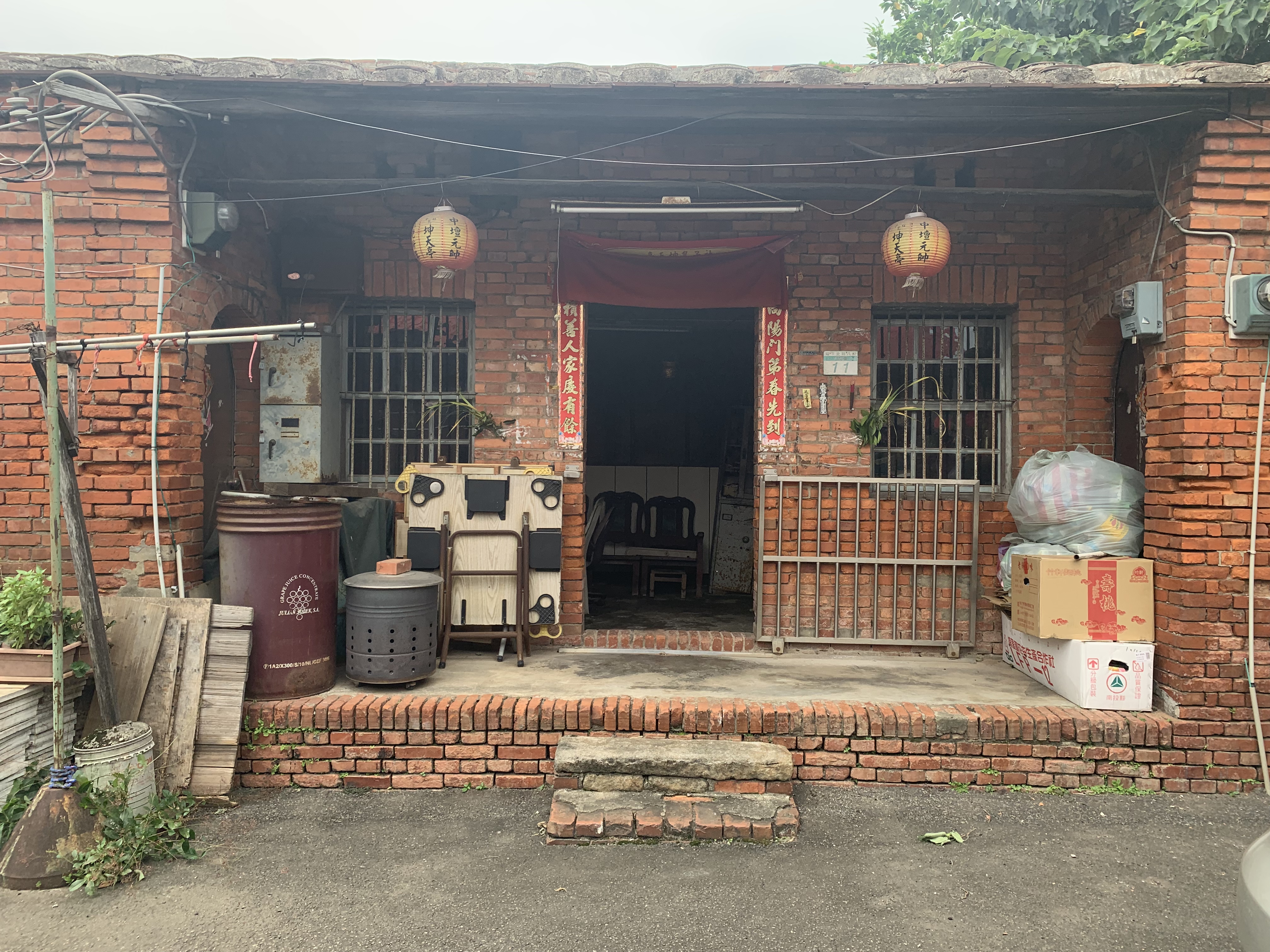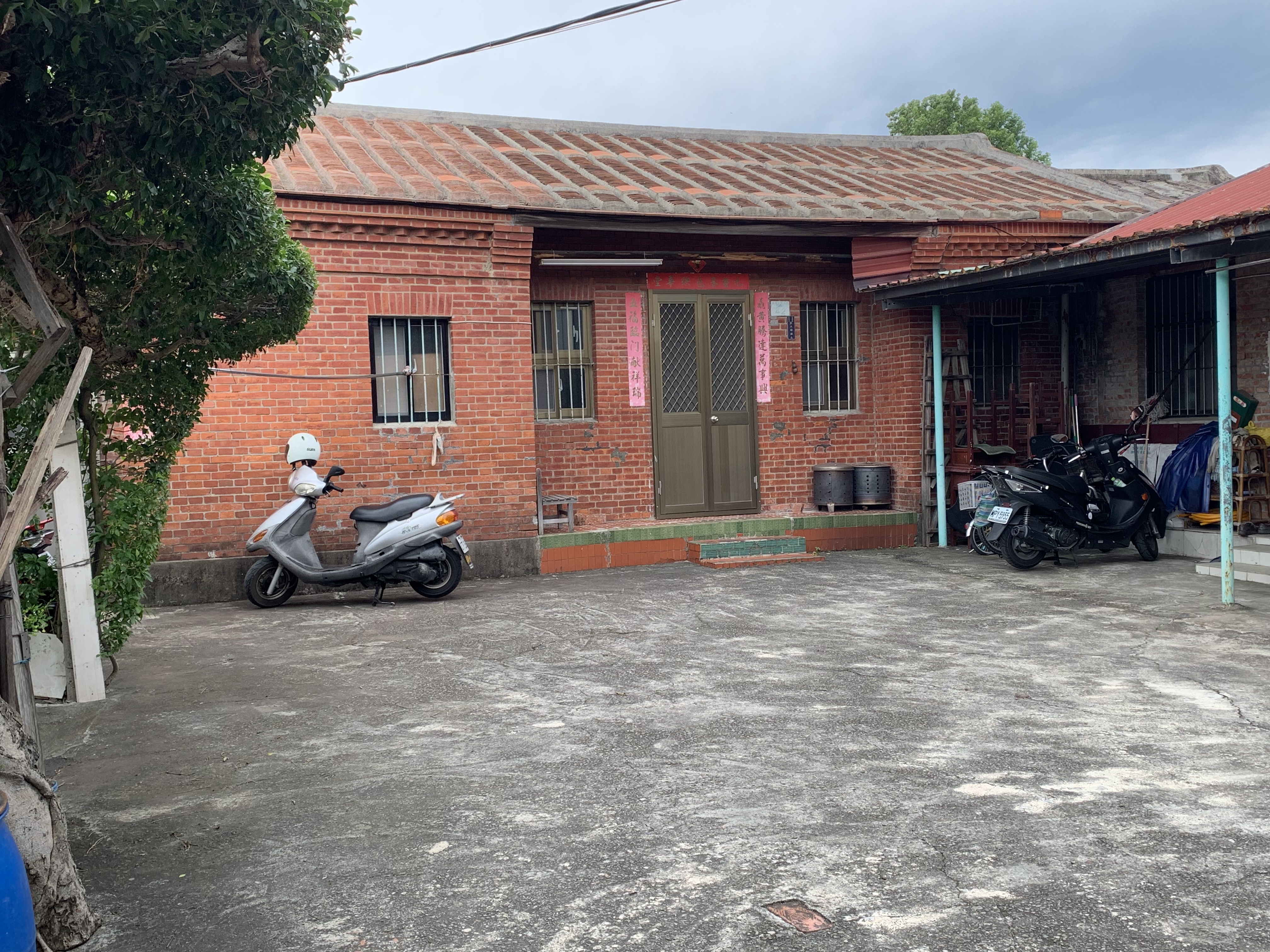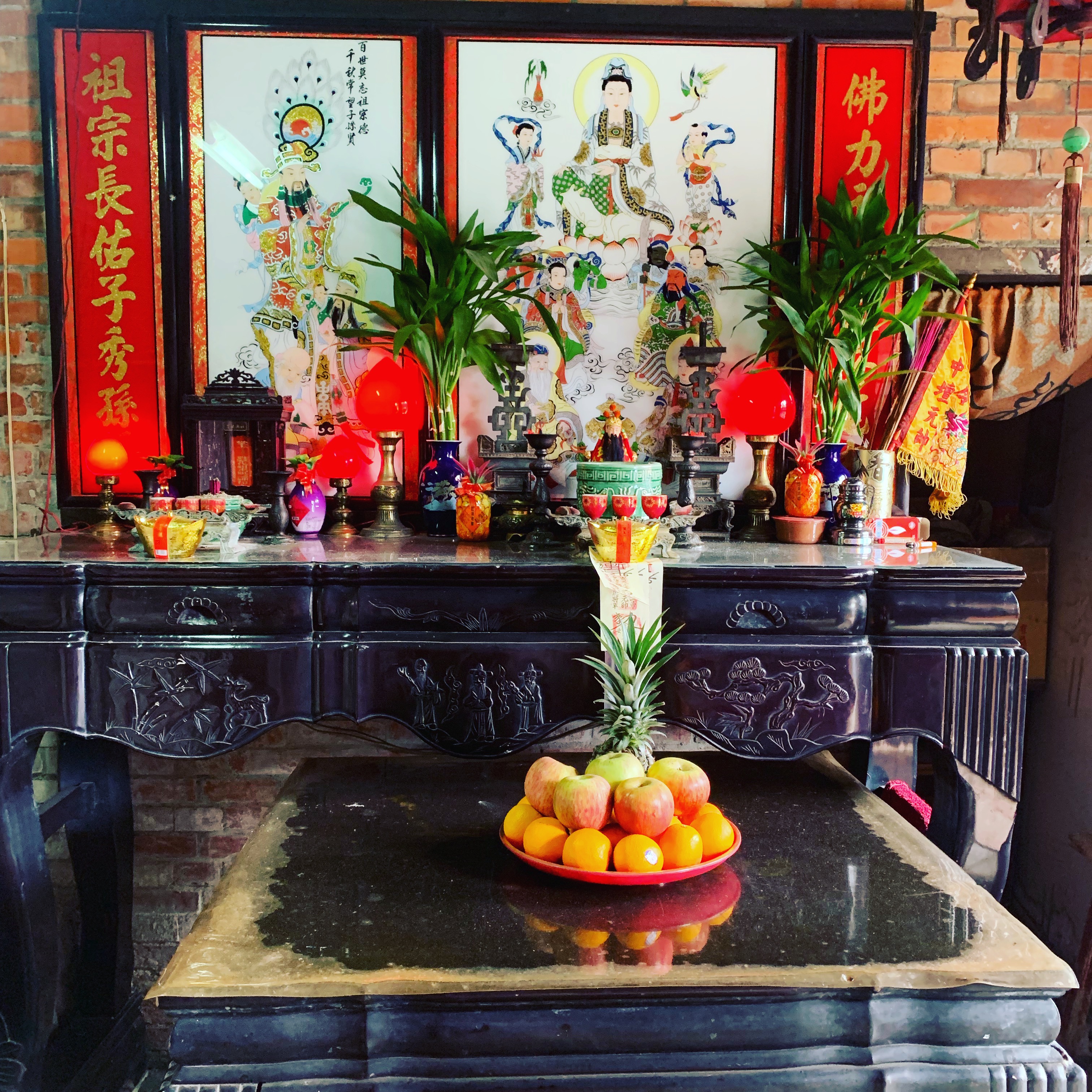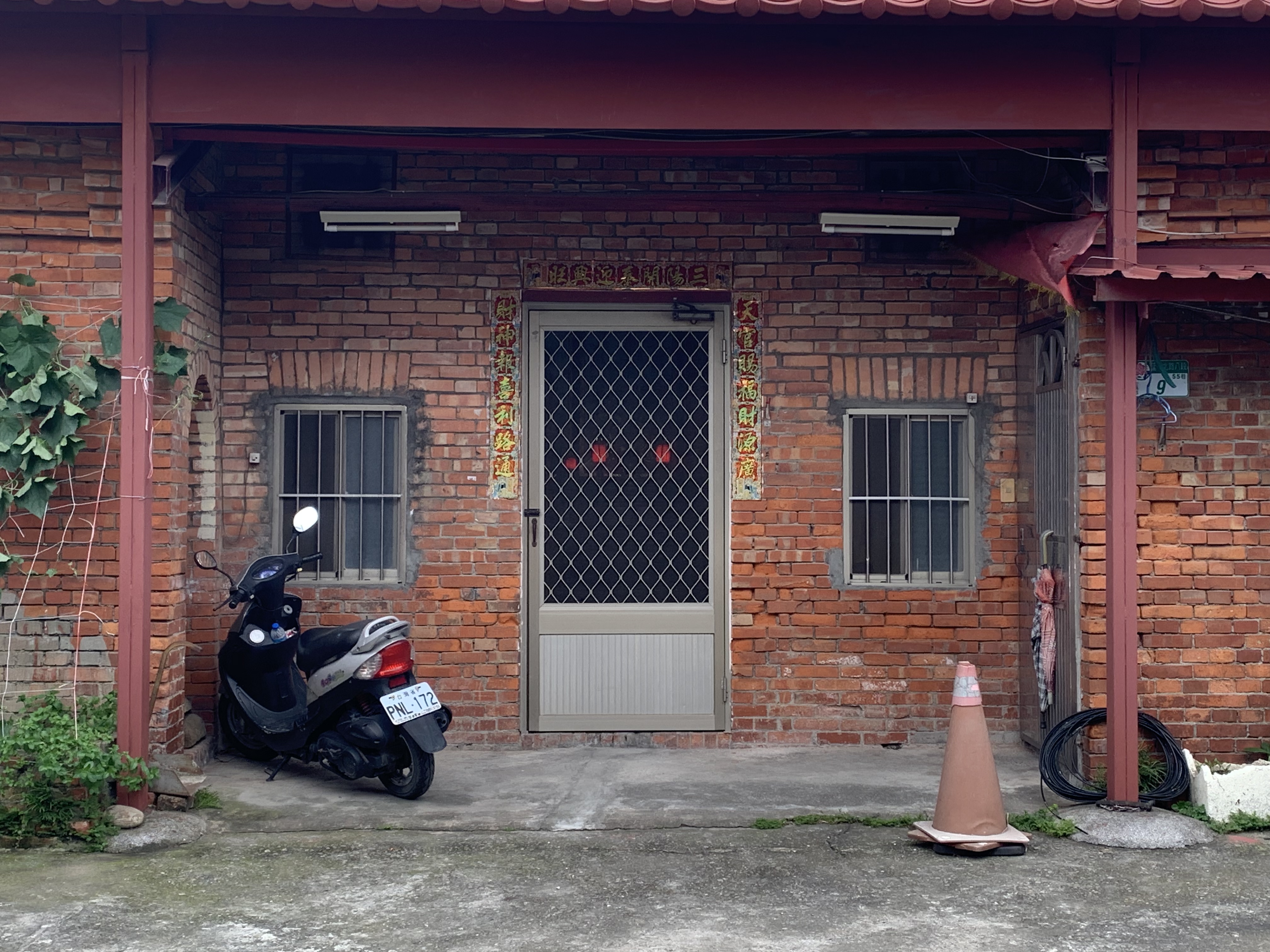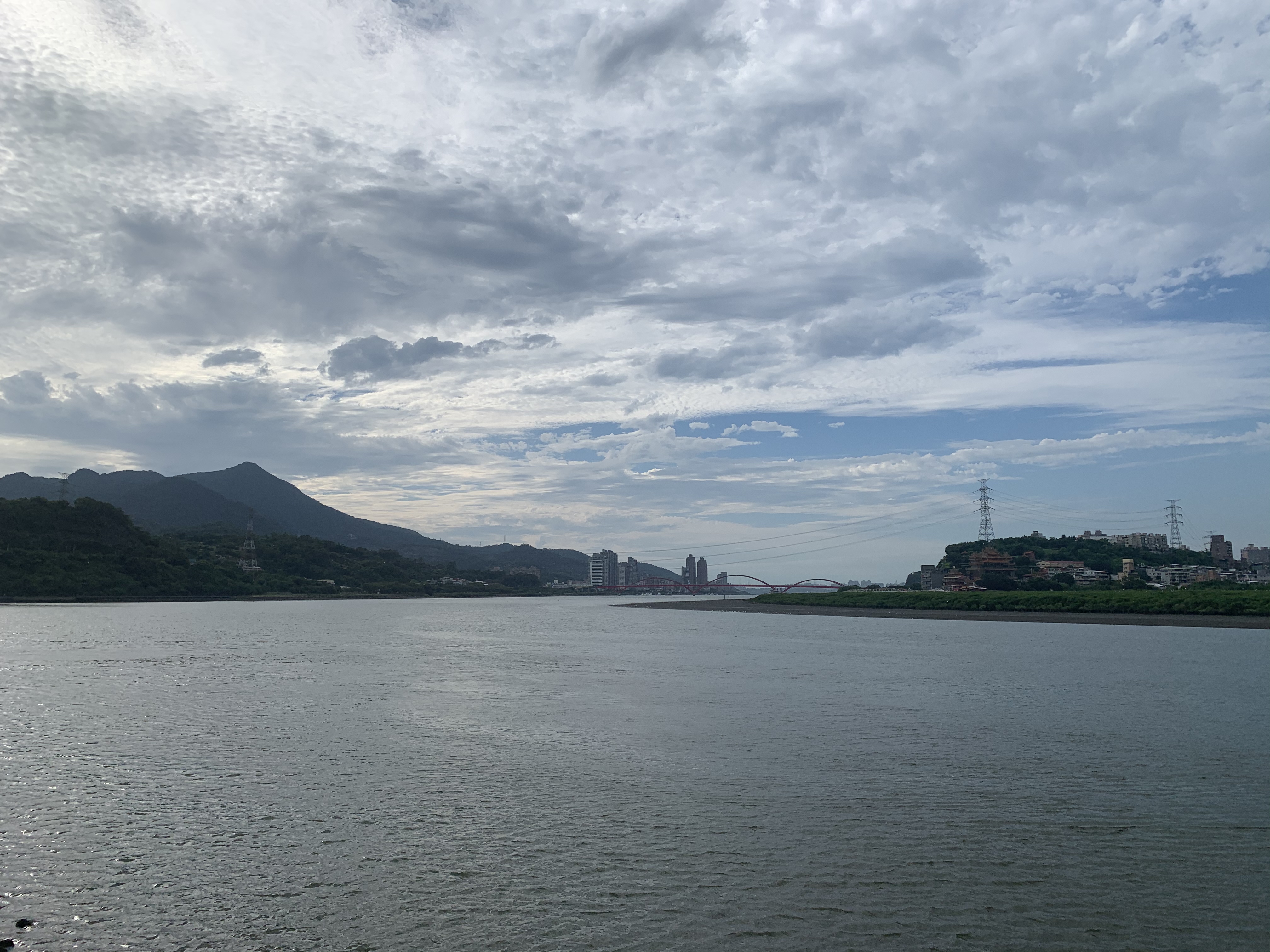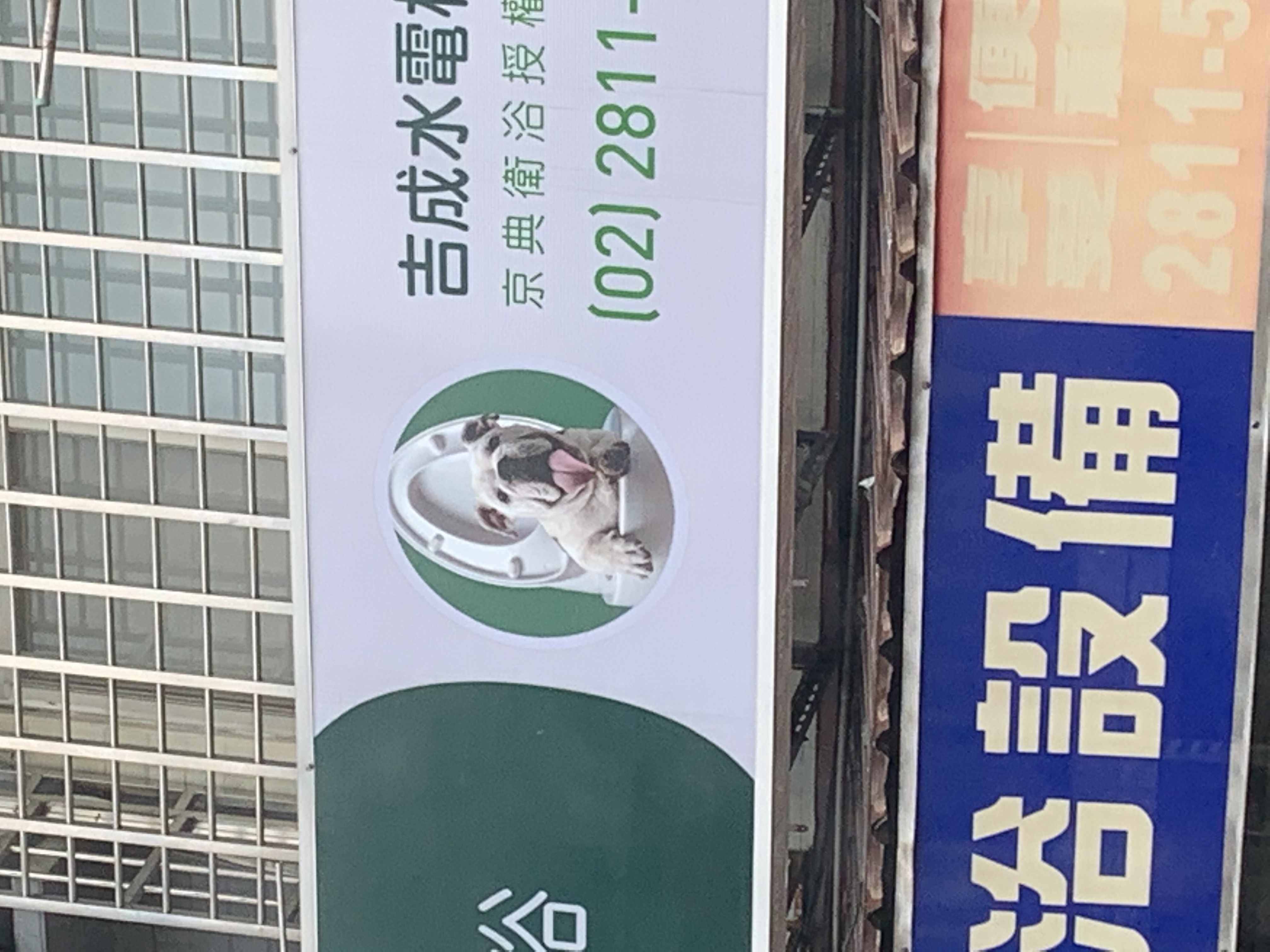Reading news about how Taiwanese favor Trump to win next week and hearing similar views from my students ("I heard that Trump challenges China but Biden likes China", to quote one), I want to make the case that -- to put it gently -- Trump is not actually the best candidate for Taiwan. I understand wanting to vent anxiety about Biden (and the Democrats') past treatment of Taiwan, and I understand hearing Trump shout about China sounds encouraging. I also understand that among the true believers, there are a few paid trolls -- though it's hard to tell because the illogic runs deep among Trump supporters.
But, respectfully, I just don't buy it. Fortunately, not every commentator in Taiwan does, either: I'm not alone. Neither Trump nor Biden is great for Taiwan, but between those two choices that are not good for Taiwan, Trump is arguably worse.
What I truly don't get is this: Trumpism means advocating for an American society where Taiwanese residents or visitors face racism and discrimination due to being Asian, a country it is increasingly difficult to immigrate to, where they would likely not be able to claim asylum even if they were able to flee a Chinese attack.
I am going to keep this as brief as possible and as workmanlike as possible, because honestly, thinking too much about it makes me deeply anxious. I've had to unfollow or leave several Facebook groups over this, as I watch a mix of true believers with unbelievable views and obvious paid trolls (and it's hard to tell which is which) turn Taiwanese social media into a place I just cannot be right now.
It's also important to note that this is not neutral journalism (though I like to think it is accurate blogging). I have my own views and I am writing this from the perspective of Trump being unacceptable even if he were strong on Taiwan -- which he isn't -- on account of his being a straight-up rapist (this is just one accusation among many, plus admitting on tape to frequent sexual assault). And that's only the first reason.
I've organized this into a series of things I've heard from people about how Trump is better for Taiwan, and why those assertions are partially if not entirely untrue.
"Who passed the TAIPEI Act and Taiwan Travel Act?"
A bipartisan Congress did. In fact, both bills had bipartisan co-sponsorship! Both bills passed unanimously, meaning that Trump had to sign them, because a veto would have been easily overturned. Don't get me wrong, I'm happy he signed them, but it wasn't out of any sort of strength on Taiwan or China issues.
One could say that Congress felt more emboldened to pass this legislation with Republicans in office, but I don't necessarily buy that: unanimous passage sends a strong message, and a Democratic president would have had to sign it as well.
"But what about Hunter Biden's business in China?"
Okay, I'll keep that in mind when Hunter Biden is running for president.
Joe Biden has no known business links to China, whereas Trump does. I mean personally does, not just through family members.
Since the New York Times is paywalled, here's a related BBC article about Trump's Chinese bank account and taxes paid to the Chinese government (in fact, that would mean he has paid more tax money to China than the US).
Beyond that, if family members being involved is the standard, what about Jared Kushner's business in China? Some of that was apparently canceled, but that doesn't make the ties disappear. And Kushner actually works in the White House. It's doubtful that Hunter Biden would.
Any claim that Trump is stronger against China than Biden because Biden is in China's pocket due to Hunter but Trump isn't is a claim based on lies.
In fact, it's very interesting to me that people who bring this up seem quite willing to ignore Trump's business entanglements with China. What's up with the double standard?
"But the Republicans have a stronger stance on China and are bigger supporters of Taiwan!"
This is partially true. I don't want to get into the reasons for their support, which long-term are not necessarily in Taiwan's interest (do you think they care about Taiwan as a bastion of liberal democracy in Asia on its own merit? Doubtful. They don't appear to care about upholding democracy in their own country.) But it can't be denied that some of the more forceful voices on Taiwan in Congress are Republican -- though some are not. The people under Trump who keep advising pro-Taiwan moves (such as visits from high-level officials), and I am not sure that the people Biden would appoint would be this proactive, or even supportive. It's also true that the Republican platform on Taiwan is pretty strong.
However, it stands out to me that while the Republicans chose not to update their platform in 2020, Democrats did. For some time, Democrats have also had a pretty acceptable platform on Taiwan, calling for a resolution to Taiwan's status to be in the "interests and best wishes" of the Taiwanese people. Recently, they've updated it to drop any reference to "one China".
It's also interesting to me that people see the new American Institute in Taiwan as not as some sort of long-term recommitment to Taiwan but as a symbol of Republican/Trump commitment to Taiwan, when plans for the new compound began in 2008 and building continued through the Obama years (the Taipei Times is also guilty of this, as well as giving Trump way too much credit for the new legislation on Taiwan).
"But Trump stands up to China!"
Does he?
I mean, he slapped down some tariffs, sold some arms and is trying to block some apps which are basically poorly-disguised malware. Notably, this would not make the US the first democracy to do so. He did sign off on those high-level US official visits to Taiwan. hough I don't support calling the CCP Virus "the China Virus", and think that the US is creating its own disaster through malicious strategic incompetence, the administration being clear that the CCP's initial mishandling and Chinese influence on the WHO are not exactly wrong.
But he also called Xi Jinping his "good friend", said that the Uyghur genocide was "the right thing to do", called Taiwan insignificant compared to China (something he's actually wrong about) and said he didn't want to do anything regarding Hong Kong until Congress essentially forced him to sign the Hong Kong Human Rights and Democracy Act and the Uyghur Human Rights Policy Act (both of which also had bipartisan cosponsors by the way).
While it's true that there are people in the Trump administration pushing him toward closer ties with Taiwan, for whatever reason, it's clear that Trump himself is easily manipulated because he remains ignorant and apathetic towards so many issues. That was clear regarding the Trump-Tsai phone call, but it's not guaranteed to always work in Taiwan's favor (if anything, the Trump administration favoring Taiwan makes it harder for people like me to make the case to fellow liberals that Taiwan is worth caring about). Unpredictability isn't always a good thing -- even when it seems to be working for you, it can always flip the other way.
And yes, he sold some arms. I would need more time to add up the total cost and I'm not particularly interested in military or defense analysis so I can't say which packages have been better, but overall Democrats sell arms to Taiwan just as often as Republicans. I'm sure someone who can actually weigh in on the quality of each of these sales -- that is, what Taiwan got for its money -- could shed more light on this.
When asked what he would do if China invaded Taiwan, Trump China "knows what he will do". That's better than hand waving and saying "meh?" but it's not really a commitment to defense.
Does that sound like a guy who consistently stands up to China? Because to me it just looks inconsistent and unreliable. A very flimsy case for thinking Trump would be better for Taiwan at best.
"But Biden doesn't care about Taiwan!"
Neither does Trump.
The bad news is both parties treat Taiwan more like a gamepiece than a country with 24 million people who deserve self-determination, a position the media props up regularly by talking about Taiwan as though it were a barren rock with no actual humans who have the same human rights as everyone else living on it.
The only good news is that China's threats to Taiwan are intrinsic to China's expansionism -- China claiming Taiwan is inherently expansionist -- and the latter will continue to be a threat that the US takes seriously for as long as it exists. That's still not great, but it's a little better than "eh the US will dump Taiwan at the first opportunity".
Regardless, Biden personally congratulated President Tsai on her election win. Trump did not, though his administration did. Biden said the US should have "closer relations" with Taiwan. Trump, as far as I can find, has not. If anything, I agree with the link above that the Trump administration has been both cautious and supportive of Taiwan in equal measure, pulling back whenever it wants to negotiate with China. That doesn't sound like a strong commitment to me (though I can't say I would expect any better under Biden).
It's true that Biden's track record on Taiwan and China has been pretty bad, an issue that dates back decades, but seems to have dissipated somewhat since the Obama years. I don't know if I trust this anonymous source "close to Biden's campaign" talking to Taiwan News, but it's worth noting that the discussions of how Biden would handle Taiwan are not all pessimistic. Frankly, that sounds better and more competent to me than "China knows what I will do".
"But the Democrats are the ones who cut off relations with Taiwan!"
No, the Democrats cut off the Republic of China in 1978, a process the Republicans had already started. Taiwan had the chance to join the UN and compete in the Olympics as Taiwan, and the KMT dictatorship chose not to take them due to their insistence that the ROC was the real "China". There's a lot more I can say here about what the US and the ROC both did at that time, but this is not the most relevant point. It had nothing to do with "Taiwan" as a sovereign entity or concept, and everything to do with what the ROC, PRC and US believed to be "China".
In the late 1970s, Taiwan was still in the throes of Martial Law, which was a decade away from being lifted. Democratization was two decades away -- a far-off dream, an entire generation. China was emerging from the Cultural Revolution and seemed to be opening up, while Taiwan was beating, murdering and arresting pro-democracy activists.
Looking at those two "Chinas" in 1978, which one would you have gambled would liberalize and democratize first? Would you really have thought that the brutal KMT dictatorship was the better choice? Wanting official relations is one thing, but would you have wanted them for Taiwan as "China", as Taiwan as "Taiwan" was never on the table?
All I can say is that I would have lost that bet and I don't believe Taiwan is any kind of China, anyway. "Who cut off relations with the ROC" isn't the right question, if it's even relevant to 2020. You should be asking who was running Taiwan when that happened.
"But..Make America Great Again!"
Does America look that great to you?
Because what I see is an unstable mess with a disaster economy that could have handled the CCP Virus but chose not to, where racism matters more than doing the right thing, and where the president himself has told his followers to act like vigilantes and who has not promised he'll respect the results of the election.
Here's the big picture: it's a shame that Taiwan needs anything from the US at all. It feels like caring about one of the bad guys because their wellbeing is connected to your own, and there are worse villains out there. But this is the world we live in. China is not going to give up its hegemonic dreams just because Westerners grew a conscience and decided to be anti-hegemonic (which I am, in principle).
Therefore, US stability is good for Taiwan, regardless of the specific policies of the actual president in power. A country that can't even keep its own citizens safe within its borders certainly isn't going to be stable enough to reliably stand up to China, with or without a slate of like-minded allies which would probably be organized, again, by the US. Who else would do it? At this moment, Taiwan can't counter China alone even if it can fend off the first wave of attacks (which I do think it is capable of), and even if any attack on Taiwan would certainly result not in clear surrender but in decades of disastrous guerrilla warfare that I hope I never have to see.
I hate to write that, but it's true right now. I can only hope it won't be true forever.
Trump is incapable of restoring whatever stability the US once had. Right now, looking at the cracks in the walls, it's been clear they've not only been compromised for some time but have been built on a shaky foundation of White male supremacy. But it's capable of governing itself better than this, and capable of engaging internationally in more meaningful ways rather than temper tantrums.
As long as the US contends with these issues and continues to be locked in a CCP virus and White supremacist death spiral, China's hand is stronger. One might think from Trump's "Biden will sell the US to China" rhetoric and his occasional screaming at the CCP that China would prefer Biden win, but I tend to agree with others that that's not actually the case, as Trump's baby gurgles in fact benefit China by destroying the US's international image and internal stability.
Does that sound like a country that can reliably back up Taiwan as needed? Not to me.







